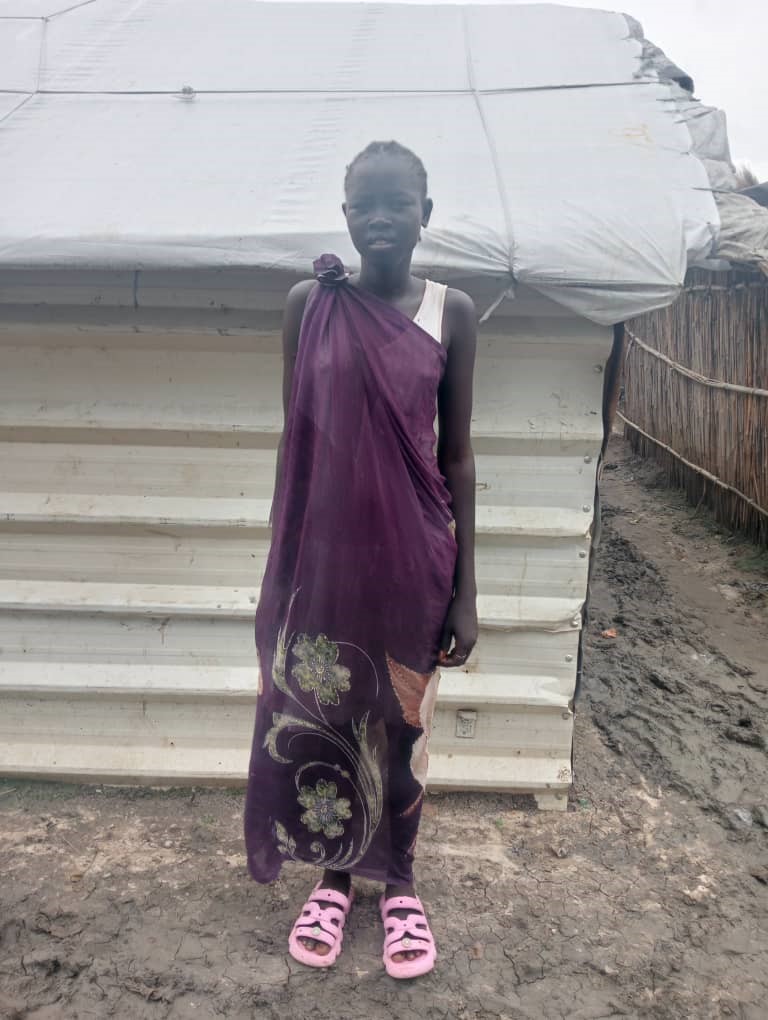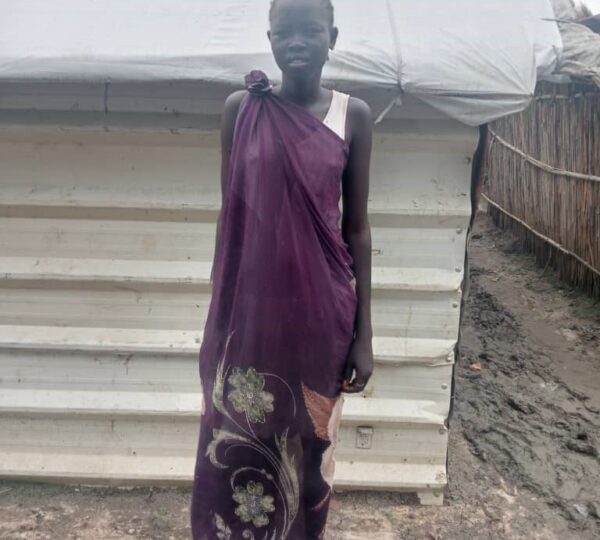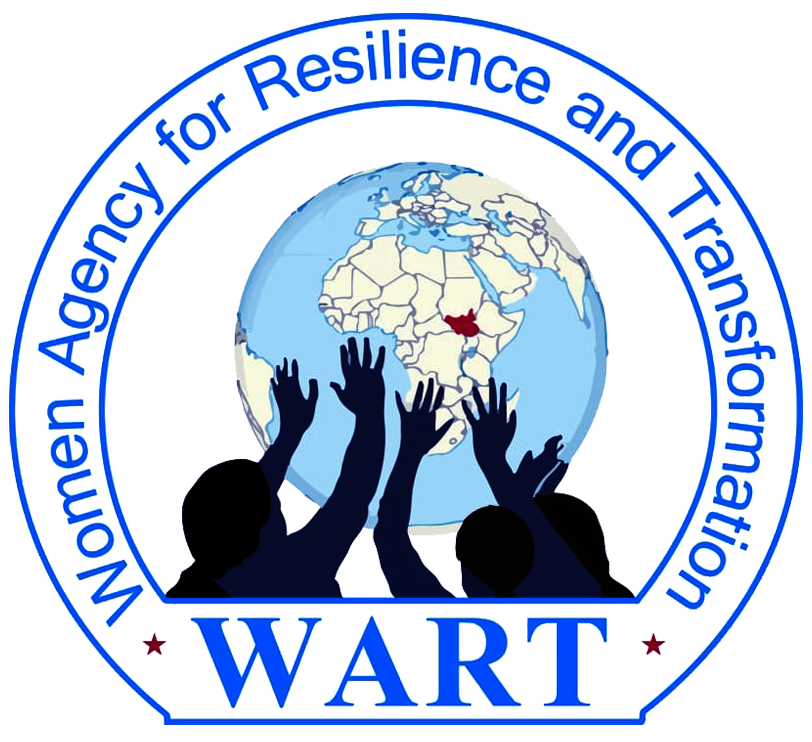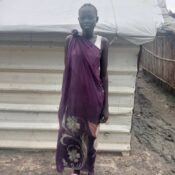Saying No to Child Marriage

Nyamal’s Story: A beneficiary of Legal Aid in Bentiu
Nyamal Chuol is a 16-year-old girl residing in Bentiu with her family – mother, father, and her two brothers. Nyamal is a student who loves school and spends most of her time in studies and once home, she supports in household chores such as cooking, cleaning, and taking care of her younger siblings. Nyamal’s parents rely on farming to meet their household needs. Given the multiple shocks to agriculture including floods, Nyamal’s parents have been struggling to provide for their family as their land was submerged in flood water forcing them to move to the IDP camp within Bentiu. When the economic situation became dire, Nyamal’s parents thought of marrying her to an older man so they could use the dowry to improve their lives and send the other children to school.
Nyamal’s case is not unique; South Sudan is a home to over 1 million child brides: 1 in 2 young women were married in childhood (UNICEF, 2023). Fueled by poverty and deeply rooted cultural norms linked to gender, child marriage continues to be one of the biggest threats to children and women in South Sudan. Cultural practices dictate that when a child menstruates or gets her period, she is considered eligible to marry.
It is customary in South Sudan that women and girls have little or no voice about marriage. Often, marriages are arranged without their consent. While the legal age of marriage is 18, over 52% of south Sudanese girls are married off before the age of 18 (UNICEF, 2023).
Seeing the financial struggles of her parents, Nyamal was committed to pursue education hoping to support her family in the future. She repeatedly told her parents she was not ready for marriage and she wanted to keep studying. However, as a woman in a patriarchal society, her voice was not heard.
On 28th July 2024, Nyamal attended an awareness session organized by WART at Bentiu IDP Camp, where she learnt of Justice Confidence Centers (JCCs) ran by WART in Bentiu through funding from UNDP. Nyamal decided she would visit one of the JCCs and perhaps secure her dream to education.
At the JCC, Nyamal met WART counsellors and paralegals who listened to her case. “The counselors and paralegals at the center were very friendly and supportive. They listened to my story, gave me hope, and promised to talk to my parents.” The following day, the WART counsellors and paralegals visited Nyamal’s house and met the parents. The debate went on for two days and the WART paralegals and counsellors were able to convince Nyamal’s father to back out of the marriage plan. This was a great relief to Nyamal, “My parents apologized for their decision and promised not to continue with their plan. Thanks to WART counselors and paralegals, I am now relieved from my stress. They helped my parents understand and respect my rights and allowed me to continue with the school,” she narrates.
In a follow-up interview, Nyamal appreciates WART, UNDP, and other humanitarian partners working towards supporting the rights of women and girls, “Thanks to the awareness campaigns we heard through megaphones and radio broadcasts from the WART team through UNDP’s support, I now understand my rights and recognize what is justly mine. On a community level, I believe that there has been some shift in attitudes towards women’s rights. Although the change has been gradual, it has been significant enough that my parents are now willing to acknowledge, support my rights and seek my opinion, which would not have been the case before.”
WART, through the support of UNDP, continues to support access to justice by the vulnerable population groups in South Sudan. By the end of August 2024, WART had provided legal aid to 594 women, children, survivors of SGBV/CRSV, IDPs, and persons living with HIV, through three Justice and Confidence Centers (JCCs) established in Bentiu, Unity State. Thirty nine percent of the people who have benefitted from the legal aid services are female. The JCCs have also sensitized the communities on their legal rights, where and how to seek redress for different legal problems, reaching 3495 people including 3214 females. Officials from JCCs regularly visit police and prison detention facilities to help pretrial detainees process a release on bail or bond and have legal representation through which 100 wrongly convicted prisoners have been released out of which 13 are female.



